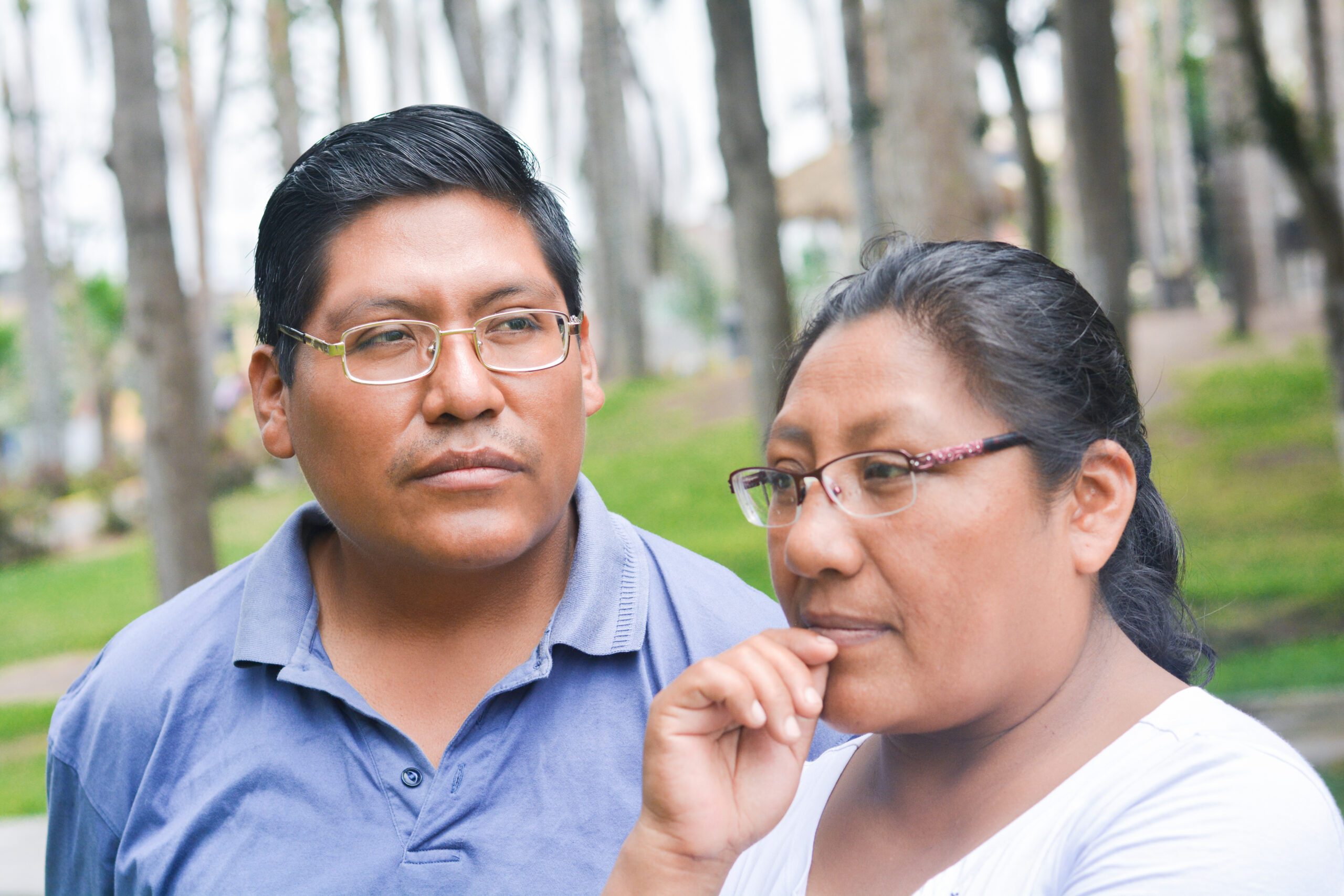Anxiety isn’t Always Anxiety
Research has shown that approximately 40 million people suffer from anxiety – that’s about 1 in every 13 people that experience this. Some forms of anxiety are helpful – with the right kind of anxiety, we often perform our best under pressure and take precautionary steps before making a major decision. If we are experiencing anxiety that negatively affects our day-to-day functions, however, we may have more than just anxiety – we may suffer from a disorder.
If you or someone you love is experiencing several of the following symptoms, that person should speak with a doctor to determine the presence and appropriate treatment of an anxiety disorder: persistent feelings of uneasiness, feeling tense/jumpy, restlessness, anticipating the worst outcome of a situation, racing heart, upset stomach, sweating or twitching, headaches, fatigue or insomnia, frequent urination or diarrhea.
Here are the most common anxiety disorders:
-
Panic disorder – a cluster of symptoms such as panic attacks and fear of having a panic attack
-
Major depressive disorder – persistent feeling of sadness or lack of interest in things
-
Phobic disorders – persistent, irrational fears and avoidance of situations or objects that involve these fears
-
Obsessive-compulsive disorders (OCD) – a cycle of obsessive thoughts, impulses, images or compulsions that are difficult to suppress
-
Post-traumatic stress disorder (PTSD) – condition that sometimes develops in people who have experienced a traumatic incident
According to the Anxiety and Depression Association of America (ADAA), of the 40 million people who suffer from anxiety, approximately 7 million of those people suffer from generalized anxiety disorder, 6 million people suffer from panic disorder, 15 million suffer from social anxiety disorder, 14.8 million suffer from major depressive disorder, 19 million suffer from a specific phobia, 2.2 million suffer from OCD, and 7.7 million are affected by post-traumatic stress disorder.
Living with an anxiety disorder is nothing to be ashamed of – millions of people experience this and thankfully there are many resources to help in overcoming the negative symptoms associated. There are medications that people can take, support groups that allow you to connect with others, psychiatrists that can work with you through these issues, and more. Help is not far away and if millions of people have been able to overcome their symptoms, so can you. The most crucial step that a person can take is to recognize the symptoms and seek help to overcome their challenges and be on their way to healthier living.
Renown for an integrative approach to the treatment of co-occurring disorders, Cottonwood tucson offers critically acclaimed clinical treatment. Our residential treatment programs offer a full spectrum of care for addiction, mental health, and behavioral health issues. Call us today for information on our life changing programs: (888) 727-0441







